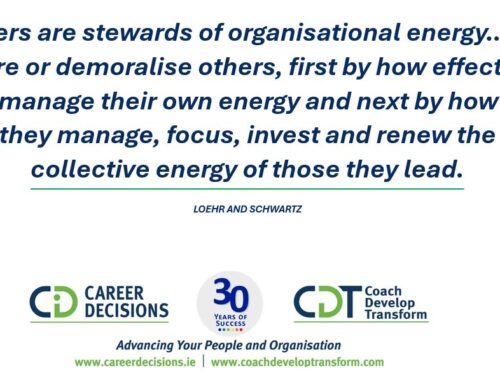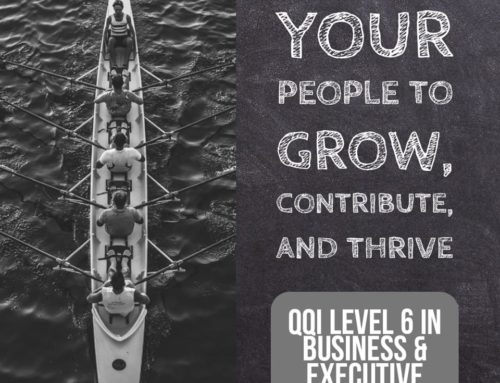Not every industry has slowed down during the spread of the coronavirus and in fact some organisations are hiring and have an increased demand for workers such as healthcare, pharmaceuticals, retail, drivers, transport, digital marketing, web designers etc..
Do you know who gets hired during an economic downturn? Those people who don’t stop job searching.
Will the job search be harder? Yes, it will be much more competitive and will require Job hunters to up their game, present themselves very well and consistently search and apply for suitable jobs.
Top 7 things to know about Job Hunting during COVID-19
1. Where are the Jobs ?
According to Glassdoor job posting site, government, biotech, pharma, healthcare and the non-profit sectors have all tripled their recruitment in response to the coronavirus outbreak. The top five roles with the most coronavirus-related job openings include registered nurses, communications and social workers, project managers and technicians, according to Glassdoor data.
Sectors such as food retail, supply chain, logistics, procurement, healthcare, insurance and insolvency have seen an increase in job vacancies to be filled. Technology, insurance, banking, FMCG , pharma and medical devices are also recruiting.
2. Customised CV
Your CV needs to be professional, customised and perfect. The competition will be intense. If you submit a generic CV, your chance of success will be limited. Your CV needs to be tailored for each job application.
3. Personal Profile is a crucial part of CV
A personal profile, is a summary statement at the top of your CV. The profile is a crucial element of any CV. It concisely and effectively conveys who you are, your skills, achievements and strengths relevant to the job role and your career goals. It is usually around four sentences in length, and no more than six. Personal profiles are the perfect way for you to grab the attention and persuade recruiters to continue reading your CV because you’re telling them from the start exactly why they should hire you
4. Automated Interviews
Be prepared for automated interviews. In some instances, organisations will require candidates to go through automated interviews due to the high increase in applicants. Automated interviews involve questions being asked by a software package or a chat box. Your interview answer, smile, voice inflection and personality will be under intense scrutiny. Candidates can find it challenging when there is no human being at the other end of the interview question.
5. Video Interviews
You will need to excel at video interviews. Most people working in HR and recruitment will be working from home which means that remote video interviewing is now becoming the norm during this period of business shutdown. Video interviewing is new to most people and is not intuitive. Most candidates will need to spend hours preparing for interviews including learning how to use the technology involved. Candidates need to be aware of the importance of the background, the lighting, their posture and of course their dress and presentation. My next article will focus on preparing candidates for video interviews.
6. Remote Working is the new working norm
Just like the rest of us, you will most likely be required to work from home. Make it crystal clear that you have the Internet connectivity, work habits, the discipline, motivation and communication skills to work from home.
7. Gain a competitive advantage
Trying to time when it is best to get hired is pointless. Just start the search. People get hired during these slowdowns all the time. And people will be hired during the Corona virus crisis as well. An added benefit of continuing to Job hunt now, is that it provides you with an edge over those who stop searching. By just continuing you’ll be in front of employers when others are not.
If you haven’t started Job Hunting, get going!
Miriam Magner Flynn
CEO-Career Decisions Ireland
Career Transition & Organisational Change Experts
25 Years specialising in providing organisations with Career Transition support for their employees going through Redundancy & Redeployment.










Leave A Comment